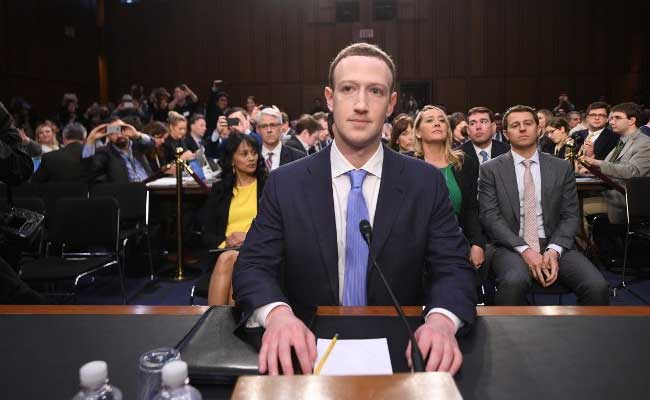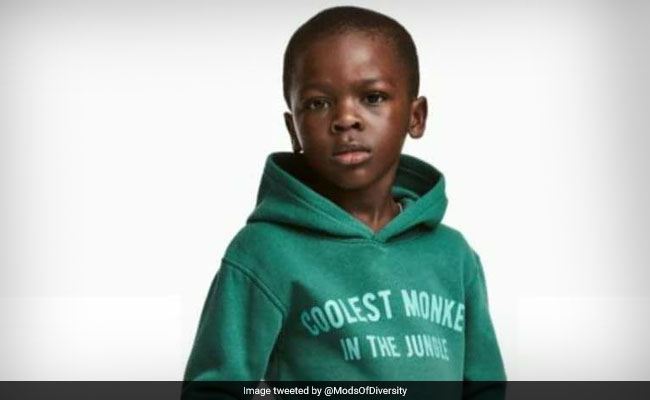Major companies made plenty of public-relations blunders in 2018, including Lockheed Martin's campaign that unwittingly produced images documenting how the arms contractor's products are used to kill children, as well as Under Armour's admission that it had paid for staff trips to strip clubs. With no shortage of incidents to choose from, here are my top five corporate fiascos:
1. Facebook's silence about its data breach: The social media giant reportedly chose to stay silent even though it had known for three years that Cambridge Analytica - the consulting firm hired by President Donald Trump's 2016 campaign - improperly accessed information on millions of people. Since then, the company has racked up misstep after misstep, from the failure to issue an immediate statement from Chief Executive Officer Mark Zuckerberg when Facebook finally admitted what happened to hiring a shady opposition research firm to investigate its critics. On Tuesday, Facebook was the subject of more bad news, as the New York Times reported that it shared even more user data with outside companies than previously acknowledged.

Facebook Chief Executive Officer Mark Zuckerberg had to testify at a Congressional hearing after it came to light that Cambridge Analytica improperly accessed information on millions of users
Moral of the story: As I explained when the news broke, disclosure is the most effective strategy in a crisis because the truth always emerges. Organizations, and even the government, should fess up about everything as soon as possible. Companies need to explain what happened on their own terms and regain confidence by demonstrating that they have learned a lesson and are taking immediate steps to change course.
2. Lockheed Martin asks people to share photos of its products: In August, the world's largest weapons maker tweeted: "Do you have an amazing photo of one of our products? Tag us in your pic and we may feature it during our upcoming #WorldPhotoDay celebration on Aug. 19!" People quickly responded with pictures showing the impact of its weapons, including an image of bloody UNICEF backpacks belonging to children killed in Yemen with a bomb made by the company. Lockheed Martin later deleted the tweet.

Lockheed Martin's idea to get people to share photos of their products backfired on the defence manufacturer
Moral of the story: Although it's important to engage in conversations on social media, first be aware of how people generally feel about your company, products and policies. Carefully consider possible responses before asking for content.
3. Under Armour winks at employees' trips to strip clubs: Earlier this year, the company emailed staffers to inform them they could no longer put strip-club visits on their corporate credit cards. According to the Wall Street Journal, "Over the years, executives and employees of the sports-apparel company, including Chairman and Chief Executive Kevin Plank, went with athletes or co-workers to strip clubs after some corporate and sporting events, and the company often paid for the visits of many attendees."

Under Armour CEO Kevin Plank allegedly used to visit strip clubs with other executives and employees
Moral of the story: Although the company was right to end the practice in 2018, the fact that it allowed it at all shows an astonishing lack of judgment. But there's a larger takeaway here: Executives need to avoid the temptation to socialize with staffers through activities that are offensive or exclude team members. As Laura Liswood, former managing director of global leadership and diversity at Goldman Sachs, wrote in "The Loudest Duck: Moving Beyond Diversity While Embracing Differences," if a manager plays basketball with colleagues, for example:
'You will feel comfortable with your sports buddies, and when the next opportunity comes up, you may be inclined to put that companion forward for a promotion - possibly over someone better qualified whom you know less well, or with whom you have fewer common bonds. To keep the playing field level, the skilled manager needs to find ways to learn about the other members of the team so that an equal level of comfort and knowledge exists with the people who aren't naturally like you.'
4. H&M uses black child to model "coolest monkey in the jungle" hoodie: The picture generated widespread outrage on social media. The company apologized quickly and later stopped selling the item.

H&M had to apologise over the controversial ad
Moral of the story: A diverse team needs to dissect every message and image to make sure it doesn't inadvertently offend people of different races, cultures, genders, generations and views.
5. Victoria's Secret's chief marketing officer tells Vogue that people don't want transgender or plus-size models: The lingerie company executive, Ed Razek, said he didn't think transgender models belonged in a fashion show "because the show is a fantasy." He also said that in 2000: "We attempted to do a television special for plus-sizes. No one had any interest in it, still don't." He later apologized for insensitivity:
"We've had transgender models come to castings. . . . And like many others, they didn't make it. . . . But it was never about gender. I admire and respect their journey to embrace who they really are."
The company's head of lingerie, Jan Singer, resigned days after the scandal broke.

Victoria's Secret chief marketing officer apologised for his comments made to Vogue magazine
Moral of the story: The company seems to have completely missed the message of the Year of the Woman. Sexualizing women and body shaming are out. While most people know to refrain from comments like those, it's still easy to mess up with photos or messages that imply judgments of women based on their bodies because these ways of thinking are so ingrained in our culture. That's why every public relations team needs skilled practitioners on the lookout for such slip-ups to craft and vet messages carefully.
(Alaimo is an assistant professor of public relations at Hofstra University and author of "Pitch, Tweet, or Engage on the Street: How to Practice Global Public Relations and Strategic Communication." She previously served in the Obama administration.)
Disclaimer: The opinions expressed within this article are the personal opinions of the author. The facts and opinions appearing in the article do not reflect the views of NDTV and NDTV does not assume any responsibility or liability for the same.


